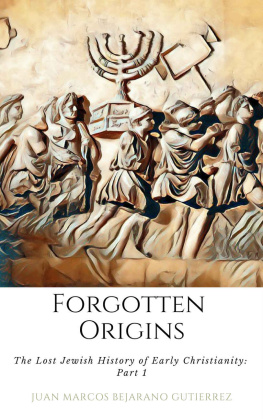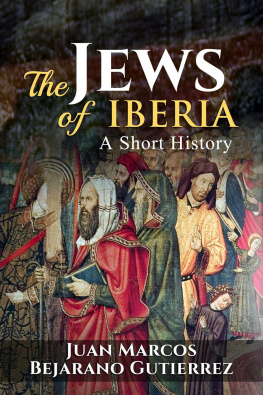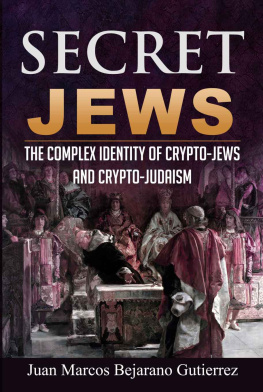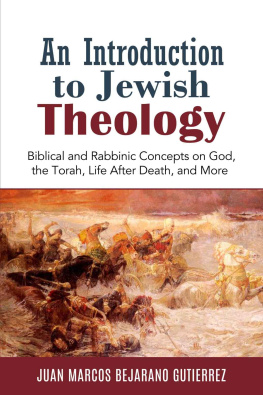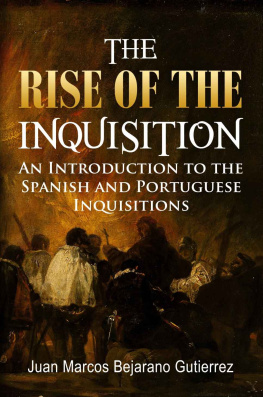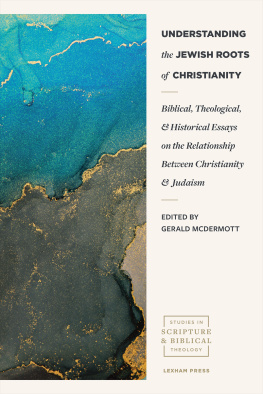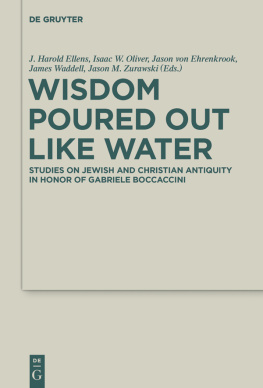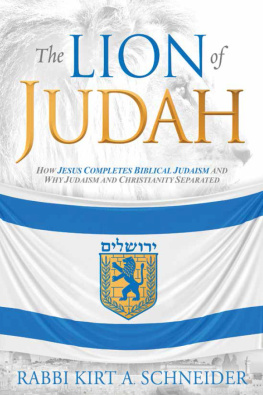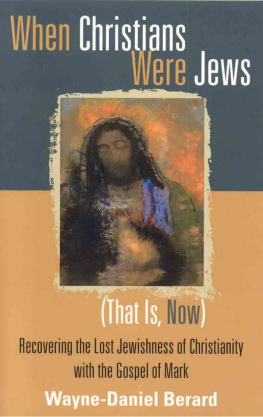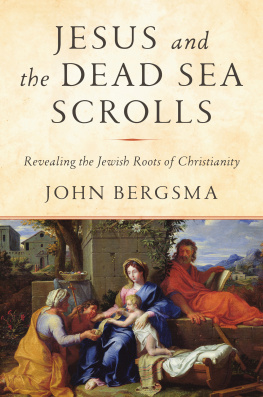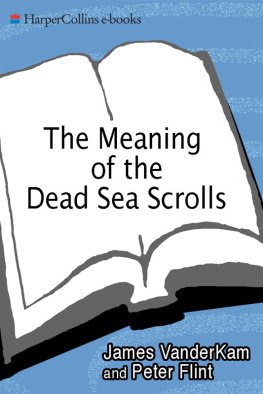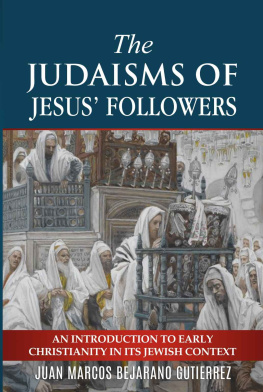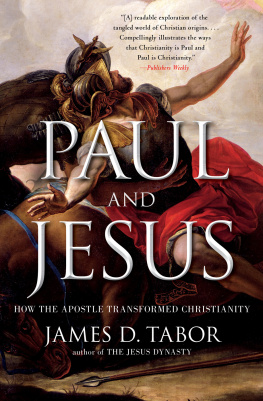Forgotten Origins
the lost jewish history of early christianity Part 1
Juan Marcos Bejarano Gutierrez
Yaron Publishing
Grand Prairie, TX
Copyright 2017 by Juan Marcos Bejarano Gutierrez.
All rights reserved. No part of this publication may be reproduced, distributed or transmitted in any form or by any means, including photocopying, recording, or other electronic or mechanical methods, without the prior written permission of the publisher, except in the case of brief quotations embodied in critical reviews and certain other noncommercial uses permitted by copyright law. For permission requests, write to the publisher, addressed Attention: Permissions Coordinator, at the address below.
Juan Marcos Bejarano Gutierrez/Yaron Publishing
701 Forest Park Place
Grand Prairie, Tx 75052
www.cryptojewisheducation.com
Book Layout 2017 BookDesignTemplates.com
Ordering Information:
Quantity sales. Special discounts are available on quantity purchases by corporations, associations, and others. For details, contact the Special Sales Department at the address above.
Forgotten Origins/ Juan Marcos Bejarano Gutierrez. 1st ed.
ISBN 978-0-0000000-0-0
Contents
For my Father and my Mother
Some people say Messiah came and died; some people say he never came; I'm not sure, I have different opinions depending on how I feel that day. We certainly dont have the Beit HaMikdash (i.e., the Temple in Jerusalem) yet, Har HaBayit (i.e., the Temple Mount) is still in the hands of the Arabs, so that is already enough to say that the complete revelation of Messiah has not come yet; it is in process.
That is why the sixth day is considered an unfinished story and the seventh day is not spoken of at all. We are in an ongoing process, and when you are in an ongoing process, you cannot tell the end when you are still in the middle; You can only tell the end when you get to the end.
Rabbi Avraham Chira
Introduction
M any years ago, in a lecture on the creation of the Mishnah , the Orthodox Jewish historian, Rabbi Berel Wein discussed the rise of early Christianity as a historical and theological backdrop. He mentioned that this era is of particular importance to Jews because of the complicated and tragic relationship between Jews and Christians over the centuries. He referred to Joseph Klausner, the famed Jewish professor of the Hebrew University of Jerusalem who in the earlier part of the 20 th century, had authored several works on early Christianity from a Jewish standpoint.
The first was titled Jesus of Nazareth : His Life, Times, and Teaching. Rabbi Wein considered both books to be exemplary works on the subject. He noted, disappointingly, however, that at the time, most Christians were not interested in reading the Jewish perspectives of Joseph Klausner. Jews, he observed, were not that fascinated by the subject either.
Things have changed considerably, however, and the historical relationship between Judaism and Christianity is of increasing importance for both contemporary communities.
The process of reflection has not been an easy one. Since the third and fourth centuries, the worlds of Judaism and Christianity have increasingly crystallized to such a level of distinction obscuring their shared history and theology. Consequently, people legitimately ask what connections Judaism and Christianity have.
Reconsidering Judaism and Christianity
That was not always the case, and early Christians, as well as Jews, were cognizant of the ties that existed. In past centuries the connections were usually the source of bitter polemics between the two communities. Each community saw itself as the legitimate representative of biblical faith to the exclusion of the other. The relationships deteriorated steadily over time.
Rabbi Byron Sherwin of blessed memory, in a lecture at the Spertus Institute of Jewish Learning and Leadership and in his book Studies in Jewish Theology, noted what he believed to be the great enigma of Christianity. He believed like the medieval and early modern rabbis, Rabbi Menahem Ha-Meiri , and Rabbi Jacob Emden and others that Christianity had transformed many non-Jews from paganism to the knowledge of the God of Israel. This was not an endorsement of Christianity for Jews, but recognition of its positive effects for non-Jews. Rabbi Sherwin referred to the words of the Rabbi Abraham Farisol, a 15 th -century Italian rabbi, as an example.
Let us assume that their Christ is a Messiah for them and we [Jews] shall neither deny nor affirm that which befell their Messiah. For to my mind, it is distinctly feasible that they be justified in designating him as their rightful redeemer. For they have declared and it is in fact true-that since he came and imparted his doctrines, they have been redeemed and cleansed of the pollution of idol worship.
Almost simultaneously, however, the nascent Christian movement also promoted anti-Judaism and then anti-Semitism. Rabbi Berel Wein, in his lecture on the Oral Law, speculated whether significant Jewish opposition to the early followers of Jesus resulted in long-term and negative recollections that became embedded in later Christianity. If that was the case, the ferocity of the Christian reply was ultimately unequaled and easily repaid any Jewish reaction many times over. Summarizing the long-term effects, Rabbi Sherwin related,
the Jew was viewed by the Christians as demonic, anti-Christ, criminal, blasphemous, heretical and either blind or stubbornly recalcitrant to Christian truth. The Jew was neither considered to believe in or to worship the true God. Rather, the Jew was considered to be an agent, an ally and a worshipper of Satan.
Such views had practical and long-term consequences on the relationship between Jewish and Christian communities.
Reassessing the Jewish Origins of Christianity
The Protestant Reformation initiated a new deliberation on biblical texts. This ultimately drew the attention of many reformers to original manuscripts. This, in turn, brought emphasis on the history of Israel through historically critical approaches to the Bible.
The reconsideration of the Jewish origins of Christianity evolved considerably from that point. It grew exponentially, however, in the 20 th century. Three events arguably changed or at least compelled a more significant contemplation of these historical relations. The first was the Shoah or the Holocaust. In its aftermath, Christian anti-Semitism has been resolutely demonstrated. Significant Christian anti-Semitism and anti-Judaism helped cultivate an environment which ultimately led to the deaths of millions of Jews. Many Christians, especially in the West, however, have sought to confront and remedy this truth. The Vatican has noted that,
The dark and terrible shadow of the Shoah over Europe during the Nazi period led the Church to reflect anew on her bond with the Jewish people.
The Jewishness of Jesus
The creation of the modern State of Israel also aroused interest among Christians in the lands and history of the Bible. Many Christians have seen this as a fulfillment of biblical prophecy. Others have seen it as minimal recompense for past Jewish suffering and injustices.
The discovery of the Dead Sea Scrolls likewise brought about a renewed interest in the Jewish background of Jesus and the Jews that followed him. The similarities, as well as disparities between the community at Qumran and Jesus, have spurred an interest in the Jewishness of early Christians. That exploration has now lasted more than 60 years. It has created an interest in the Jewishness of Jesus, which it is now largely assumed among scholars. Discussing his book titled, Jesus Jewishness: Exploring the Place of Jesus in Early Judaism , James Charlesworth noted:
As a scholar, I feel somewhat uneasy about the title Jesus Jewishness . Does it not sound redundant? Is it not obvious that Jesus was a Jew?
Next page
